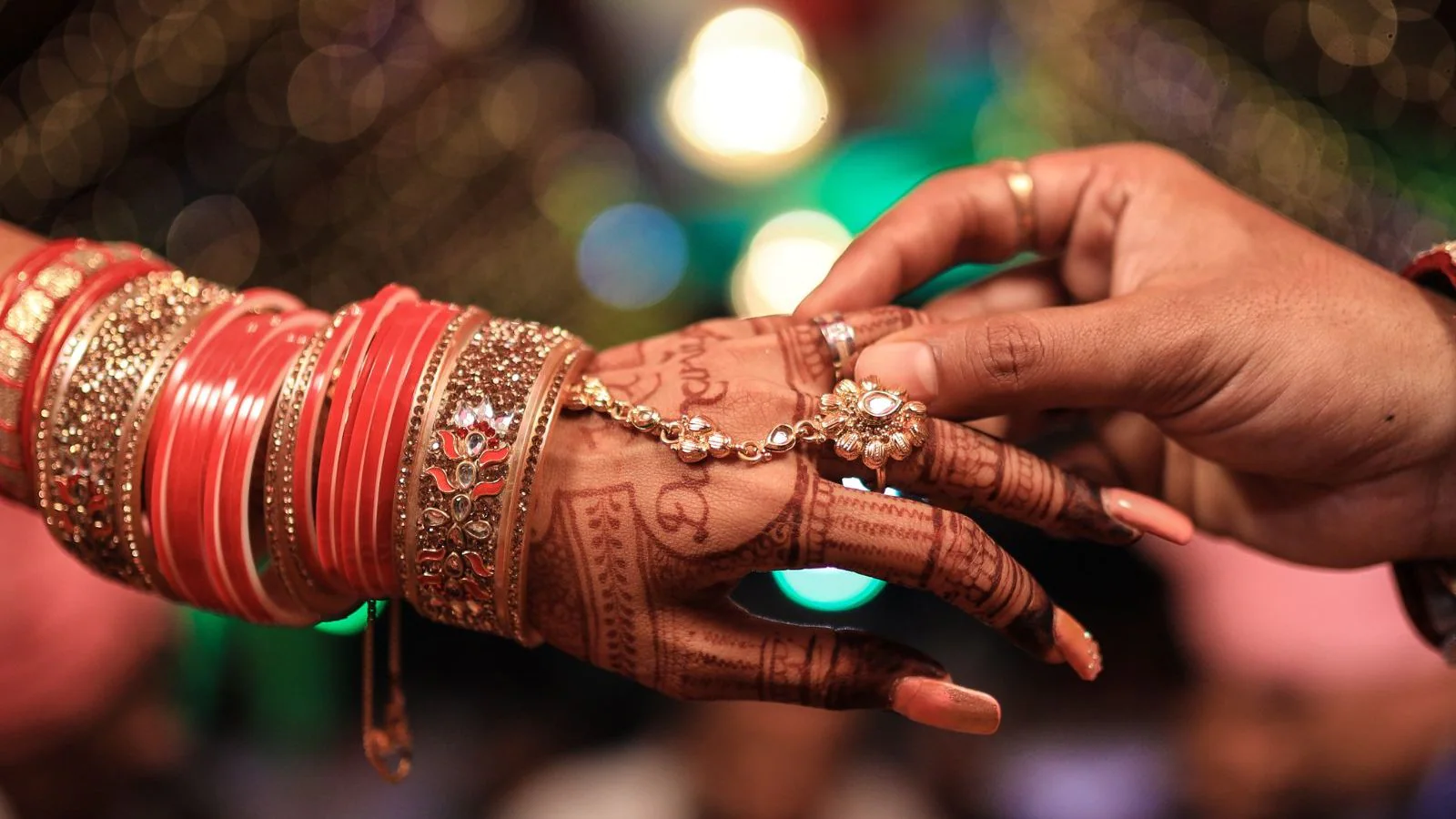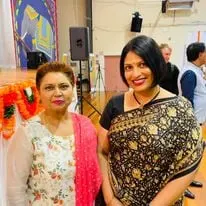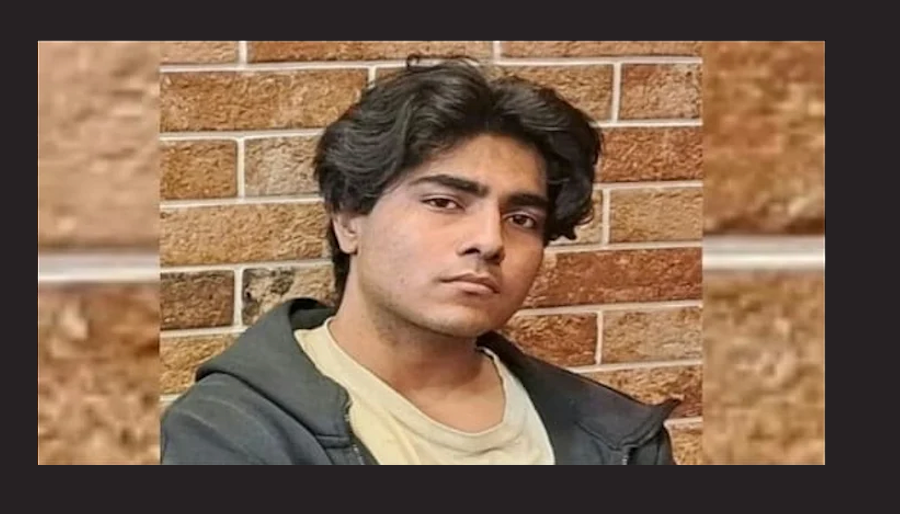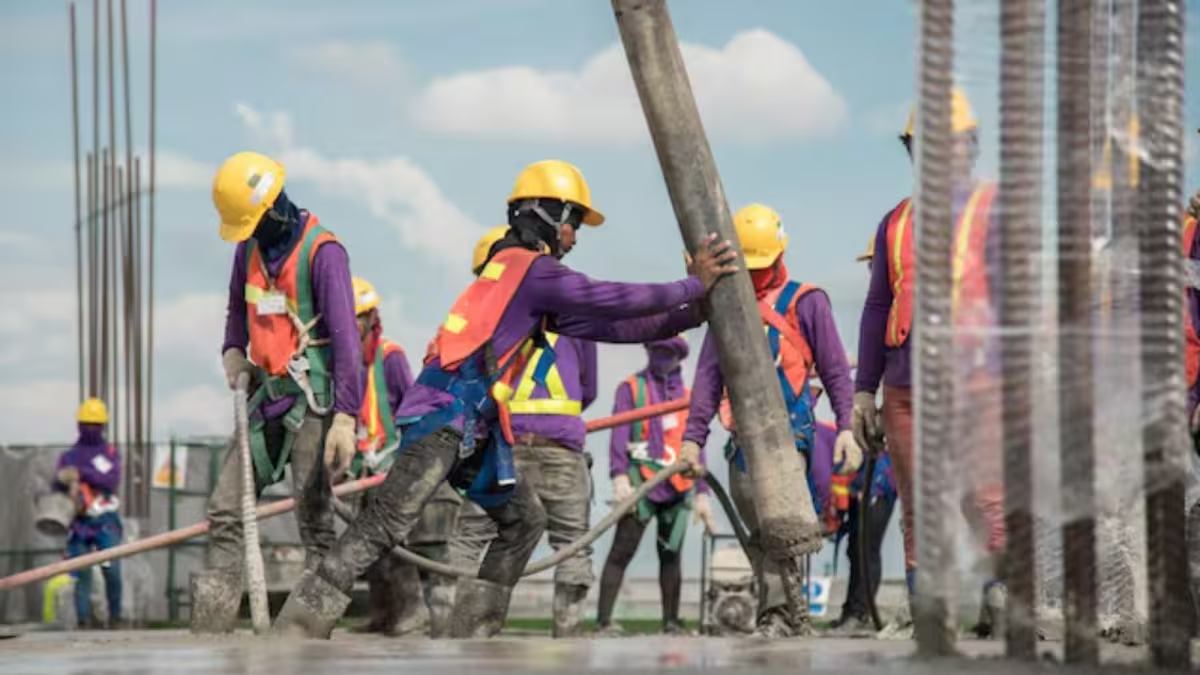For years, Preeti Kothari and Heena Kajaria have dedicated themselves to fostering connections as matchmakers among Indians in Australia and beyond. Now, their journey takes a spotlight turn as they make their debut in the upcoming series, “The Matchmakers,” exclusively airing on SBS and SBS On Demand, reported The Indian Sun.
If you’ve tuned into the well-known Netflix series “Indian Matchmaking,” Preeti Kothari and Heena Kajaria may instantly evoke memories of Sima Taparia. Beyond sharing a common profession, Preeti and Heena, much like Sima, are set to fortify their presence on television. The duo feature in “The Matchmakers,” a three-part series exploring the resurgence of matchmaking in Australia. In an era dominated by online dating and rising divorce rates, many Australians are returning to the time-honored tradition of matchmaking to find their lifelong partners. Or so it seems.
Over Zoom, the duo shared with The Indian Sun the insights into the burgeoning market of arranged marriages and the inception of their business.
They were asked if arranged marriages are a popular choice today. Of course, the answer is a definite yes. Over the last decade, Preeti and Heena have been actively playing the role of Cupid, connecting numerous Indians both in Australia and around the world.
Their journey is more than professional—it is personal. Both Preeti and Heena share similar backgrounds as Gujaratis, initially migrating to New Zealand and eventually settling in Australia. However, their paths converged in Sydney, where they discovered their shared goals. Preeti initiated Soulmate Matrimonial about ten years ago, a venture which Heena later joined, bringing her social connections into the mix.
How the venture began for Preeti is interesting. After relocating to Sydney in 2011, she began actively engaging with the community and became a part of the Sydney Bollywood Melody Group—a community of Hindi old Bollywood song enthusiasts.
“In these social circles, people frequently inquired if I knew someone suitable for their son, daughter, or friend. I used to discuss these matters with my family. That’s when my husband suggested, ‘Since you’re receiving many queries, why not start your own matrimonial service?’ ” she shared.
She thought it was a good idea and that’s how the company Soulmate Matrimonial was born.
When Heena moved to Sydney in 2017 from Western Australia, having lived in New Zealand for nine years prior, she recalled being a part of a group of Mumbaikars, or people from Mumbai. And that’s where she first met Preeti.
“We are both Gujaratis, and we both come from Mumbai, etc., so we had many things to share, and we connected. When Preeti asked if I wanted to join her on the matrimonial venture, I was like yes. I am very much socially connected and knew I could be helpful to her. That’s how our journey started together,” said Heena.
Preeti and Heena maintain a database of about 2,000 candidates who claim that they want to settle down. Their clients, based around the world, are mainly from Australia, New Zealand, and India. Nowadays, said Preeti, they are receiving registrations from the UK, US, Mauritius, Sri Lanka, Malaysia— from almost every corner of the world.
Their typical routine involves assisting with registrations on their website after 5 pm, once both have finished their day jobs. Subsequently, they go through all the profiles, sorting them and keeping track of individuals engaged in extended conversations.
Clients do have a list of requirements and sometimes caste and horoscope do play a role. Preeti cites an instance where a young girl, emotionally attached after months of chatting, faced depression when the parents later claimed horoscope mismatch. “We now prioritise matching horoscopes initially, for those who believe in it,” she said.
Heena, who had an arranged marriage, says “Back in my time, caste was the first criterion to match. Now especially in Australia, people are becoming more liberal because they understand that they can’t tick all the boxes. Otherwise, it would limit their choices and increase the waiting time. For those of us who have lived in the western world for 20 plus years, we are getting liberal and focusing more on the compatibility of the kids and living in same city.”
Currently, 80 percent of the candidates are prioritising education and compatibility over caste, she added. However, selecting a life partner is not akin to choosing from a menu. So Preeti has an advice: “Don’t be so picky, limit your criteria”.
She believed that if there’s a 70-80 percent compatibility, a couple should meet. It’s not a commitment to marriage, but the meeting can be beneficial. After meeting or chatting, seeking family input can further guide the choice, she said.
Photos are crucial in their matchmaking business. However, they caution against dismissing someone based solely on pictures, as some people may not be photogenic. People can look different in photos compared to real life. Today’s generation should not rely solely on pictures, said Preeti. If the profile seems promising, having a meeting is advised.
Preeti, who had a love marriage herself, asserts that matchmaking is a growing market. Interestingly, as revealed in their show “The Matchmakers,” this trend is not limited to certain communities; it extends to people with Muslim and Jewish backgrounds in Australia as well.
As they step into the limelight, Preeti and Heena hope to not just be recognised but to redefine perceptions about their role.
“This series will definitely help us get recognised in the community. People will start knowing us better, and expect more from us. We are both ready for that,” said Heena, adding, “Everybody has their own opinion, maybe some will criticise us too because we can’t always help, but we are trying our best.”
Preeti echoed the sentiment, “What viewers can expect is the distinction between dating websites and actual matchmakers who play a role in bringing potential matches together for a successful marriage.”
In the end, Preeti and Heena stand firm: “We don’t arrange the marriages; we’re just the catalyst for successful marriages. We just help bring two people, two souls together.”
***********************************
Readers










